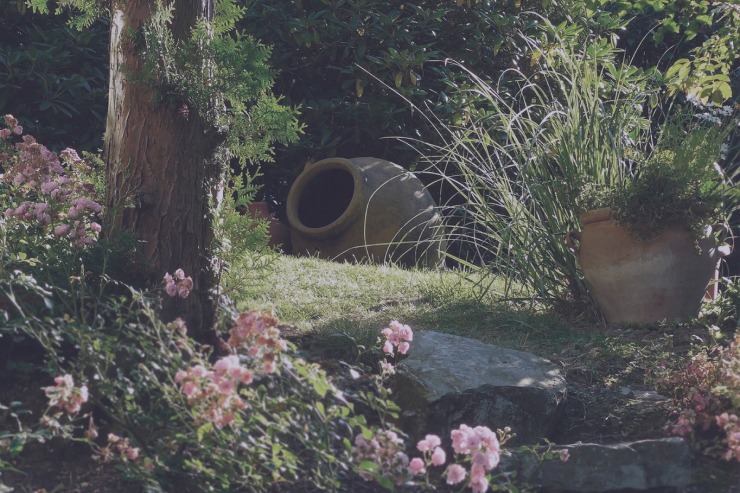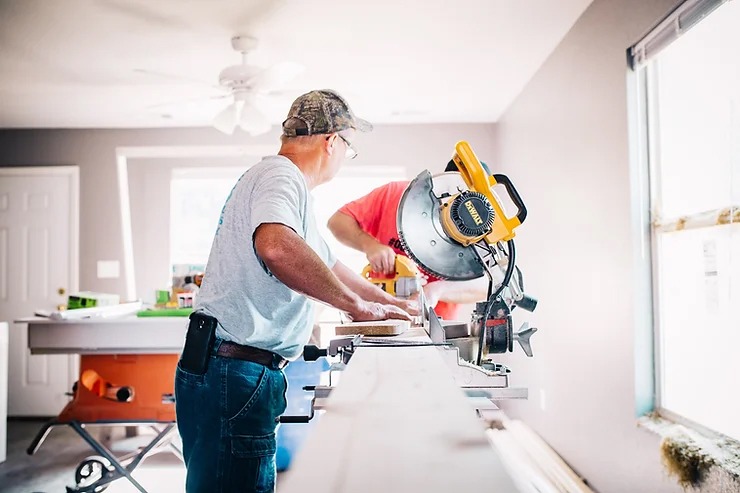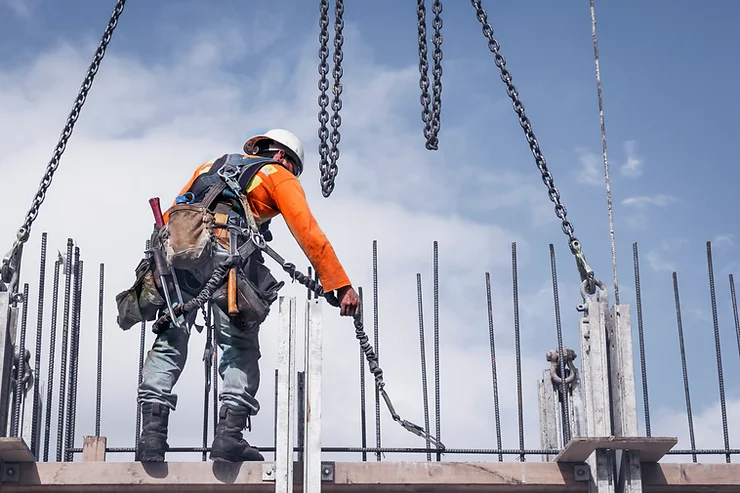With increasing global environmental concerns, there’s a rising trend towards sustainable living. One area that’s making significant strides is landscaping. This practice, known as sustainable landscaping, not only beautifies your outdoor space, but it also harmonizes with nature, contributing positively to local ecosystems. Here’s what you need to know about it.
What is Sustainable Landscaping?
Sustainable landscaping is an ecological, innovative approach to designing and maintaining your garden. It prioritizes the use of native, drought-tolerant plants and efficient watering systems, minimizes waste, and respects wildlife habitats. By doing so, it creates a green space that is beautiful, environmentally friendly, and easy to maintain.
#SustainableLandscaping #EcoFriendlyGarden
The Benefits of Sustainable Landscaping
Water Conservation: By incorporating drought-tolerant plants and efficient irrigation systems, sustainable landscaping helps conserve a crucial natural resource: water.
Wildlife Protection: Sustainable landscaping encourages the use of native plants, which provide the perfect habitat for local wildlife.
Low Maintenance: Once established, sustainable gardens require less upkeep, reducing the need for constant pruning, mowing, watering, and fertilizing.
Soil Health Improvement: Composting and avoiding synthetic fertilizers improve soil health, leading to robust plants and fewer pests.
#WaterConservation #ProtectWildlife #LowMaintenance #SoilHealth
How to Start Your Sustainable Landscaping Journey
Start Small: If you’re new to sustainable landscaping, start small. Begin by introducing a few native plants or by setting up a compost bin for organic waste.
Choose Native Plants: Native plants are adapted to local soil and climate conditions. They typically require less water and are more resistant to local pests and diseases.
Implement Smart Irrigation: Consider installing a drip irrigation system or rain barrels to conserve water. These systems deliver water directly to the plant roots, reducing waste.
Limit Lawn Space: Lawns can be water and maintenance-intensive. Consider reducing your lawn space and replacing it with drought-resistant ground cover or a pollinator garden.
Compost: Composting kitchen and garden waste provides nutrient-rich soil for your garden, reducing the need for synthetic fertilizers.
Remember, every step towards sustainable landscaping counts, no matter how small. Your garden can become an oasis of sustainability, providing benefits to you and the environment alike. #NativePlants #SmartIrrigation #Composting #LimitLawnSpace




